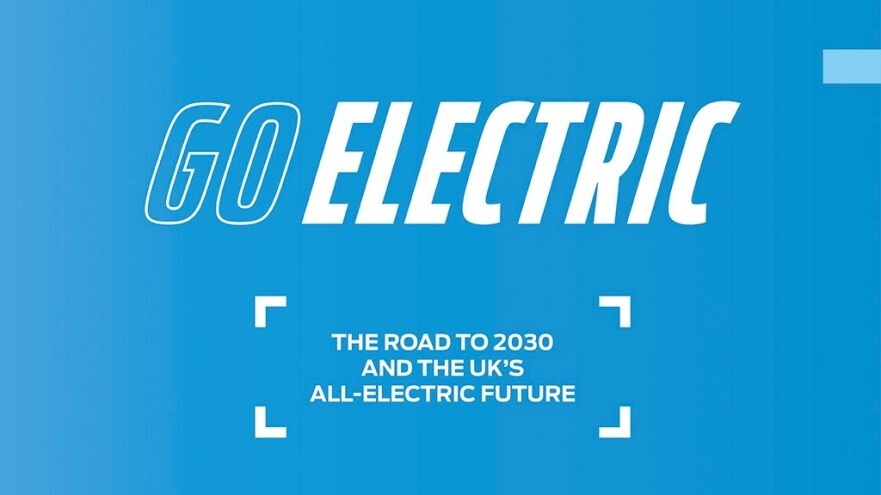- Nationwide electrification strategy urgently needed; collaborative effort from policymakers, energy providers and the automotive industry key to success
- With the UK hosting COP26 climate conference, opportunity for the UK to lead the way with a clear plan for delivering the transition to electrification
- First edition of Ford’s quarterly consumer sentiment report shows majority of UK public not ready to switch to electrification until a sufficient charging infrastructure is in place
- Ford stepping up its consumer awareness campaign, Go Electric, to help consumers on the journey to an all-electric future
DUNTON, United Kingdom, May 13, 2021 – Ford today is calling on policymakers, energy providers, local authorities, consumers and the auto industry to join forces on a nationwide electrification strategy that will set the country on the right trajectory for 2030.
Since February, Ford has announced significant investments across Europe as it goes all-in on electrification, committing its entire passenger vehicle range being all-electric by 2030, and to the majority of its commercial vehicles sales being all-electric or plug-in hybrid in the same timeframe.
But the company says that individual actions are not enough and that a coordinated effort is needed to help consumers move to an electrified future.
“At Ford, we’re putting our plan into action. In the UK, the electrification transition is underway, but we will not achieve the Government’s 2030 target organically. We need a plan, supporting the rollout of electric and plug-in hybrid vehicles, in operation ahead of November’s critical COP26 climate summit,” said Stuart Rowley, president, Ford of Europe, who will speak today at the FT Live: Future of the Car summit.
“The scale of the challenge requires a partnership between all the key stakeholders – Government, auto industry, energy providers, local authorities and consumers – and focusing on accelerating the development of the charging infrastructure at home, in the workplace and in public locations. It also should encourage consumers to purchase all-electric and plug-in hybrid vehicles through stronger incentives.”
Ford’s announcement comes as the first in its series of quarterly consumer sentiment reports, Go Electric, reveals widespread lack of awareness and hesitancy towards electrified vehicles and their ecosystems among much of the UK population.
While the report shows appetite for electric vehicles is increasing – 28 percent of respondents said they plan to buy an electric vehicle within the next five years – a substantial proportion of drivers still have reservations. More than one in five say they have no intention of buying an electric vehicle, while a further fifth said they would not buy an electric vehicle until they have no other option.
Ford’s research also suggests that consumer acceptance is a key obstacle to overcome, with the Go Electric report pointing to an apparent lack of information around EV technology. A majority of drivers – 61 percent – surveyed for the report said they did not feel they have enough information to make an informed decision on purchasing an electric vehicle.
When asked how confident they were about electric vehicle technology, more than half said they did not know the difference between electrified vehicle types, while four out of five said they would not be comfortable explaining electric vehicles to a friend.
In a bid to overcome some of these concerns about the switch to electrification, Ford’s Go Electric consumer information experience will resume its roadshow across the country having been postponed last year due to COVID-19, and aims to reach at least five million people in the coming months. Additionally, the company is planning to create other dedicated digital resources for consumers to have their electric vehicle questions and concerns addressed.
As part of the new Go Electric report, Ford has also outlined the following 4 key action points that the UK needs to address:
1. Comprehensive Roadmap: an action plan led by Government and agreed by all relevant stakeholders, which sets out the ‘how’ and ‘when’ of the switch to electrification
2. Charging Infrastructure: charging points need to be accessible for all with public charging points required across the UK so that no regions are left behind
3. Incentivisation: a need for a comprehensive regime of both purchase and usage incentives that encourage consumers to adopt all-electric and plug-in hybrid technologies
4. Information for all: consumers have said they do not feel that they have enough information on electric vehicles. This requires a collective effort from all stakeholders to ensure customers have confidence in the technologies
The full Go Electric report can be viewed here.

